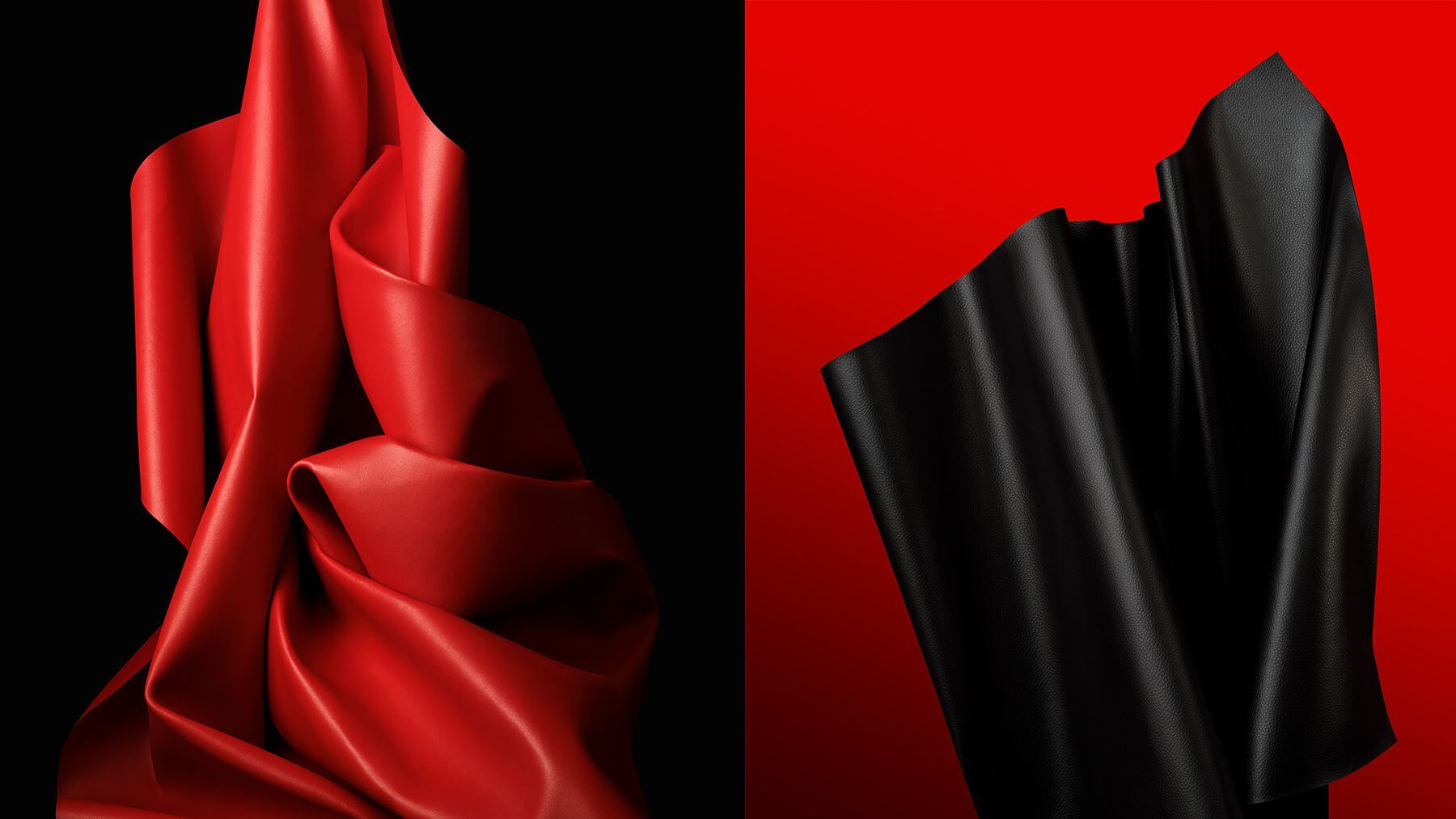
This fall, when Everlane introduces an update of its tote bag in a new bio-fabricated textile, it will count as a win for another company, Modern Meadow.
The start-up is part of BioFabbrica, the joint venture responsible for creating the plant protein-derived leather alternative Everlane is using for its $225 tote. According to Modern Meadow, the material, known as Bio-Tex, has a greenhouse-gas-emission footprint that’s 90 percent lower than traditional, chrome-tanned cow leather. Handbag brand Senreve has also made bags from Bio-Tex.
The bags mean Modern Meadow is finally getting products made with its technology on the market, after years of apparent struggles that illustrate just how difficult it can be to scale and commercialise new materials.
Founded a decade ago by father-and-son pair Gabor and Andras Forgacs, Modern Meadow was grabbing attention by 2017 with Zoa, a leather alternative made from the same building blocks as real leather, just without the cow. The material was made by engineering yeast so it would eat sugar and churn out collagen in a process similar to brewing beer. Andras, who was then Modern Meadow’s chief executive, spoke at BoF’s Voices conference that year, and a T-shirt featuring Zoa materialised in a fashion exhibit at New York’s Museum of Modern Art.
Despite Modern Meadow’s predictions that commercial products made with Zoa could start appearing the next year, they didn’t. As of 2020, they still seemed to be just around the corner. In 2021, the company announced new funding and Anna Bakst replaced Andras Forgacs as CEO. (This month, Bakst left the role and Catherine Roggero-Lovisi, the company’s ex-L’Oréal, ex-Christian Louboutin president and COO took the job.)
Now with Bio-Tex Modern Meadow seems to be achieving what it couldn’t with Zoa. At a dinner to celebrate its 10th anniversary in New York this week, the company set out ambitious plans for the future: more products from more brands are expected to hit the market in the next year and a suite of new materials are in the works.
Unlike most materials marketed as “vegan” leather, which are made with plastic derived from fossil fuels, Bio-Tex is mostly made from plant protein. The material’s foundation is a bio-based polyurethane plastic coated in Modern Meadow’s “Bio-Alloy,” an innovation also made from plant proteins and bio-based polymers that helps mix unlike proteins to create particular characteristics; in the case of the Everlane bag — durability, smoothness, colour, breathability, warmth and weight.
Bio-tex is one of a group of bio-fabricated materials that have gained interest among fashion brands looking to appeal to the growing base of consumers seeking vegan and more environmentally friendly products, but have been slow to scale.
Among the more promising options are leather alternatives made from mycelium, the root structure of fungi. Brands including Lululemon and Stella McCartney have brought products containing mushroom materials to market for the first time this year.
To smooth its path to growth, Modern Meadow has restructured. Unlike Zoa, which had a different material make-up and source, Bio-Tex is adapted to the textile equipment and technology readily available today.
About a year ago, the company announced it would join forces with Italian textile mill Limonta to form Bio-Tex’s producer, BioFabbrica. The tie-up with a manufacturer has helped streamline production and commerciality, speeding up the process to get materials from lab to market.
“We will bring the science, they will bring the industrialisation process… you cannot do it all by yourself,” said Roggero-Lovisi.
Even so, bringing products to market is a long process. Development often entails back-and-forth between Modern Meadow and an interested brand to get the look and feel, as well as messaging, for a product right. And then there’s the question of price. New materials typically come at a premium to conventional alternatives, but brands can’t put out exorbitantly expensive items and expect consumers to buy them on the basis of sustainability.
“I understand that if you come up with a product that nobody cares about, you’re not going to be a solution,” said Roggero-Lovisi.
Modern Meadow is aiming to have six different material innovations on the market in the next five years, but there is still work to do to round the corner on an industrial scale offering.
Stay connected with us on social media platform for instant update click here to join our Twitter, & Facebook
We are now on Telegram. Click here to join our channel (@TechiUpdate) and stay updated with the latest Technology headlines.
For all the latest Fashion News Click Here
